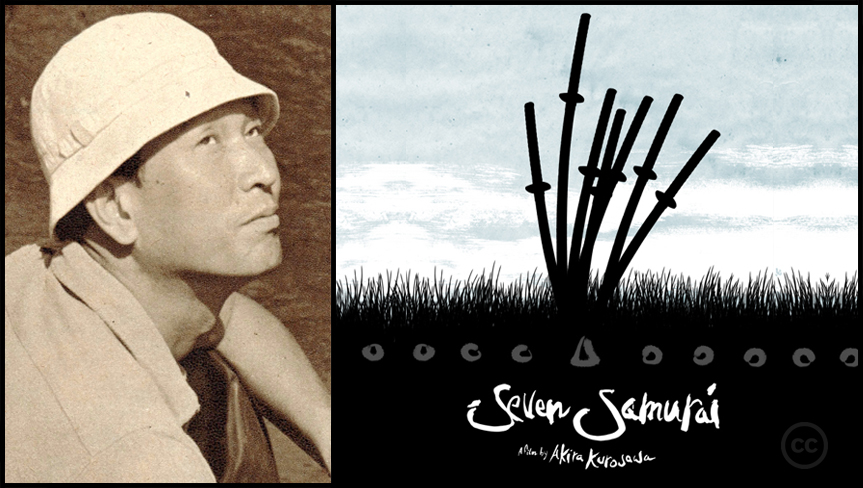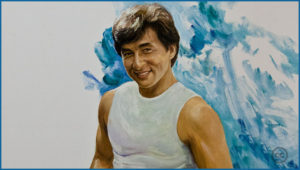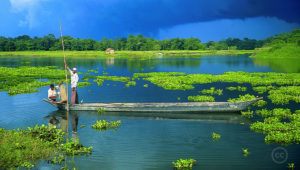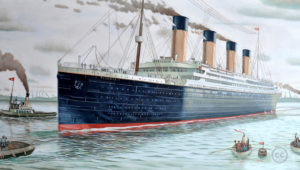Akira Kurosawa: The emperor of Japanese cinema

Akira Kurosawa
Akira Kurosawa (1910–1998), the man who ruled Japanese cinema for five decades, was born to a samurai family, in Tokyo. Young Kurosawa was introduced to cinema by his father, who took his eight children to the movies to familiarize them with Western culture. In his school days, he was attracted to art and painting, after being motivated by his teacher Mr Tachikawa.
Kurosawa’s older brother, Heigo, had a significant influence on him during his formative years. When Akira was trying to establish himself as a painter, he went to live with his brother, a film narrator. During this phase, he drew closer to the world of films, theatre and circus performances. However, unable to make a living, he gradually lost his interest in painting.
In 1936, his application to Photo Chemical Laboratories film studio caught the attention of Kajiro Yamamoto, one of the biggest Japanese directors of the era. In the next seven years, Kurosawa worked as an assistant director. He made 24 films with Yamamoto and other directors, appreciating the importance of writing a good script. Akira debuted as director with the film Sanshiro Sugata, which released during World War II, in 1943. After the release of his second film, Ichiban utsukushiku (1944), he married its female lead Yoko Yaguchi.
Kurosawa ventured into serious cinema with his post-war works Drunken Angel (1948) and Stray Dog (1949). His 1950 film Rashomon carved his name into world cinema and won him critical acclaim from the audience as well as the top directors of the era. Kurosawa played with genres, directing samurai epics such as Seven Samurai (1954) and Yojimbo (1961) as well as drama pieces like Ikiru (1952) and High and Low (1963). Kurosawa’s perfectionism rendered a drastic blow at the peak of his success, causing a dry phase in his career. He made a successful comeback with his film Dersu Uzala (1976). The movie won the Academy Award for Best Foreign Language Film and the Golden Prize at the Moscow Film Festival.
He also dabbled with international cinema. His mainstream cinema Rhapsody in August (1991), starring Richard Gere, targeted Western audiences. Unfortunately the movie did not fare well. He also directed Throne of Blood (1957) and Ran (1985) based on the Shakespearean plays Macbeth and King Lear respectively.
Kurosawa received the Oscar for Lifetime Achievement in 1989, ‘for accomplishments that have inspired, delighted, enriched, and entertained audiences and influenced filmmakers throughout the world.’






